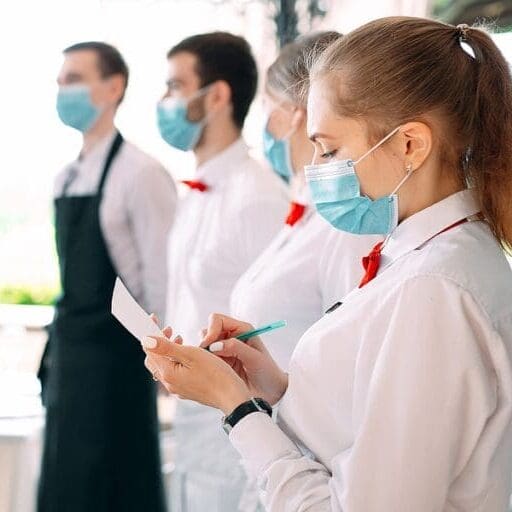Many countries around the world are continuing to deal with their regular healthcare issues as the COVID-19 pandemic spreads.
World Malaria Day highlighted an ongoing need to ensure that this disease, which affects millions of people and is responsible for over 400,000 deaths each year, continues to be managed in the face of the pandemic.
 Dr Irene Lai, Medical Director, International SOS, comments, “Malaria continues to be a problem in more than 90 countries, mainly in tropical and subtropical regions of the world. Many healthcare systems will likely be challenged as the COVID-19 pandemic wave hits, potentially overwhelming resources and limiting the ability to treat other illnesses including malaria. Malaria is treatable. It is also preventable and it’s critical that vector control, including the use of insecticide-treated nets and indoor residual spraying, continues in ‘at risk’ populations at this time.”
Dr Irene Lai, Medical Director, International SOS, comments, “Malaria continues to be a problem in more than 90 countries, mainly in tropical and subtropical regions of the world. Many healthcare systems will likely be challenged as the COVID-19 pandemic wave hits, potentially overwhelming resources and limiting the ability to treat other illnesses including malaria. Malaria is treatable. It is also preventable and it’s critical that vector control, including the use of insecticide-treated nets and indoor residual spraying, continues in ‘at risk’ populations at this time.”
Malaria continues to be an issue in many regions including Africa, Asia, and Central and South America. While there were great strides made prior to 2014 since then there have been only small impacts made on the death rate.
International SOS and Relate
International SOS has partnered with the Relate organization for seven years running, raising money by supporting their bracelet campaign. Almost 40,000 bracelets have been purchased, equating to approximately 11,950 mosquito nets and the protection of 35,600 lives in Africa. The Relate Trust is a proudly 100% not-for-profit social enterprise that predominantly sells handmade beaded bracelets around the world to raise money for charities globally while creating jobs for people in low-income communities.
International SOS advises the ABCDE of malaria prevention
Awareness: Be aware of the risk and the symptoms
Bite Prevention: Avoid being bitten by mosquitoes
Chemoprophylaxis: If prescribed for you, use chemoprophylaxis (anti-malarial medication) to prevent infection
Diagnosis: Immediately seek diagnosis and treatment if a fever develops one week or more after being in a malarial area (up to one year after departure)
Emergency: Carry an emergency standby treatment (EST) kit that contains malaria treatment, if available, and recommended.
For more information, click here.
For up to date resources and information on the COVID-19 outbreak, click here.


















